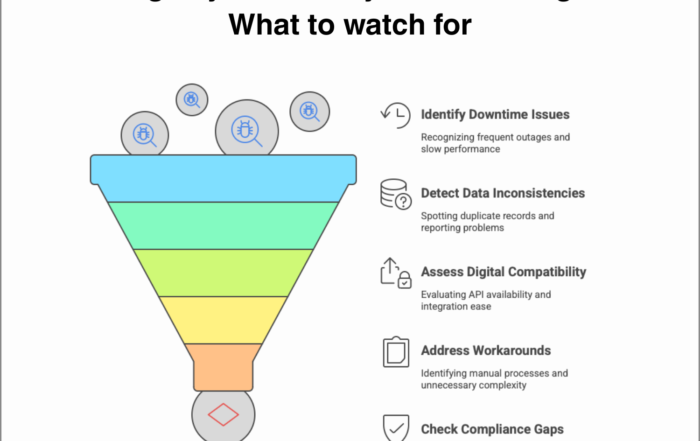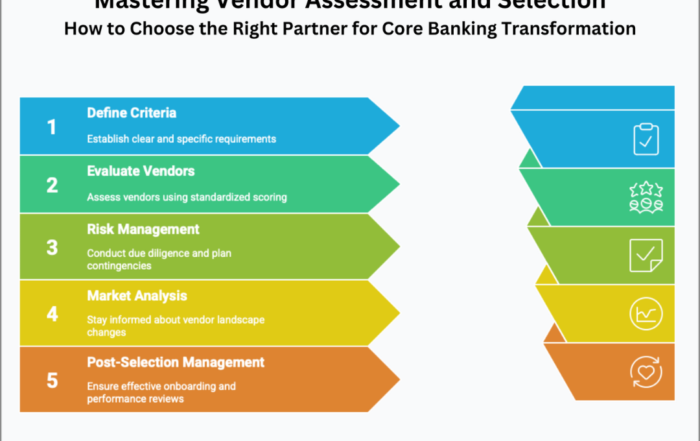
Exploring blockchain’s revolutionary impact on banking, enhancing transparency, streamlining operations, and fostering interoperable ecosystems for a decentralized future of finance.
Blockchain, the innovative distributed ledger technology underpinning cryptocurrencies like Bitcoin, is poised to fundamentally reshape the future of core banking and finance itself. This disruptive technology utilizes an immutable, decentralized digital ledger to cryptographically record transactions in an unalterable chain, bringing unprecedented transparency and efficiency.
The Breakthrough of Transparency
One of blockchain’s biggest promises is the ability to create an auditable, irreversible record of every transaction and asset within its network. Each interaction is sealed into an unalterable digital chain visible to all permissioned parties. In banking, where reconciliation issues and lack of visibility breed errors and fraud, this elevated transparency could prove transformative. Banks like Santander are already piloting blockchain for secure, transparent international payments tracking.
Unlocking Operational Efficiencies
Beyond transparency, blockchain enables the dramatic acceleration of clunky, inefficient banking processes. Asset transfers requiring complex verifications can instead be autonomously settled and recorded in minutes via automatically executing smart contracts. This breakthrough allows for lightning-fast loan disbursement, real-time liquidity tracking, and capital optimization – unlocking vast operational efficiencies and cost savings with robust security, as showcased in HSBC’s blockchain custody platform.
Building Interoperable Banking Ecosystems
Blockchain facilitates the rise of collaborative, interoperable banking ecosystems where data silos dissipate. Rather than proprietary systems, blockchain establishes an open, shared network of trusted participants with seamlessly portable digital identities and assets. JPMorgan’s Interbank Information Network exemplifies this shift towards decentralized ecosystems streamlining cross-border payments, trade finance and sustainable finance initiatives across institutions.
The Decentralized Future of Finance
While mainstream blockchain adoption faces hurdles like regulations and security considerations, one thing is clear – this distributed ledger technology will redefine banking’s digital foundations through transparency, accelerated processes, and ecosystem collaboration.
Agile institutions getting in on the ground floor of radical decentralization will be the ones revolutionizing money itself – crafting a future of seamless, auditable transactions and blockchain-powered trust at the core of every interaction. The disruption has begun, and only those leading this blockchain charge will avoid being left behind.
Found this article interesting? Check out these three related reads for more.
- Enhancing the digital customer journey in banking with AI, ML, and Blockchain
- Exponential technologies disrupting the banking industry
- Converging technologies in banking for digital transformation
#BlockchainBanking #BankingTransformation




